For Slovenian nature guide Petra Draškovič Pelc, sharing her longstanding passion for the wild with clients is the ultimate job satisfaction.
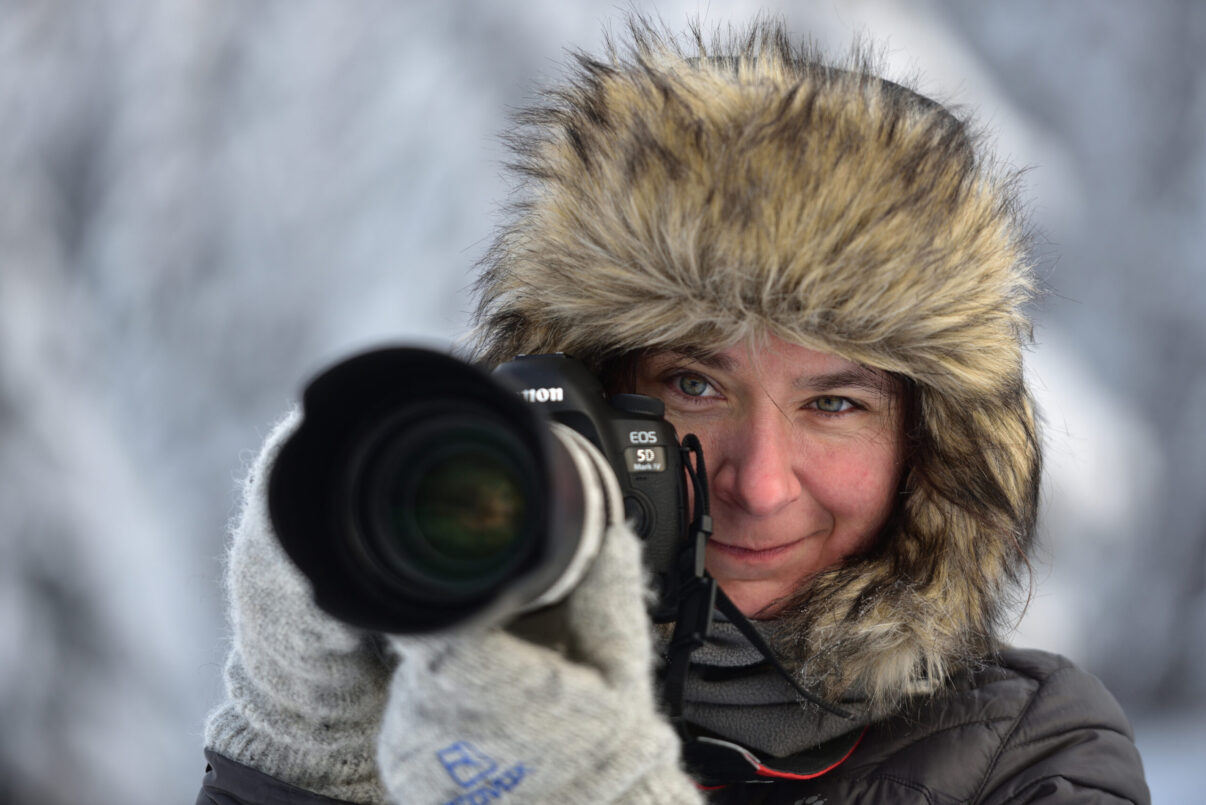
A life in nature
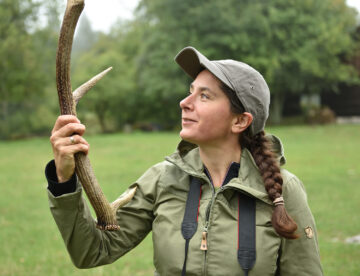
For many people, especially those connected with rewilding, spending regular time in nature is an essential part of their existence. Exposure to nature makes us feel better emotionally and also contributes to our physical wellbeing, reducing blood pressure, heart rate, muscle tension, and the production of stress hormones. According to a growing number of scientific studies, it could even reduce mortality.
For Petra Draškovič Pelc, a talented guide, photographer, storyteller and writer from Slovenia, nature is not only fundamental to her physical and mental health, but her livelihood too, while her personal story is an inspiration for anyone looking to inject a little wildness into their daily routine. As a partner of the European Safari Company, Petra will be guiding a range of amazing new Slovenia-based experiences that are now available to book through the European Safari Company website. We caught up with her to find out a little more about her life and work.
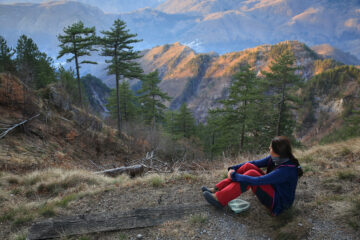
When did you first become interested in nature?
I’ve always been a curious person – curiosity and spending time in nature shaped my childhood from an early age. I majored in biochemistry and then took a PhD in biomedicine, spending my free time in between carrying out research in Alaska, surrounded by grizzly bears, snow-clad peaks and pristine forests. Alaska’s landscapes and wildlife made a huge impression on me, and I knew from that point onwards that wild nature would play a huge role in my life.
Can you tell us a little about what you do now?
After I left full-time education in the Slovenian capital Ljubljana, I moved to Kočevsko, a region in southern Slovenia that is well known for its vast forests and fantastic wildlife. Soon after, in 2015, I decided to turn my hobbies – nature, photography and travel – into a profession. Since then I have worked as a professional photographer, responsible nature guide, certified tourist and interpretive guide, as well as a writer for different magazines and researcher for various rewilding initiatives (such as the LIFE DINALP BEAR initiative). I became a European Safari Company partner in 2018.
And what about the new Slovenian safaris that you’re going to lead?
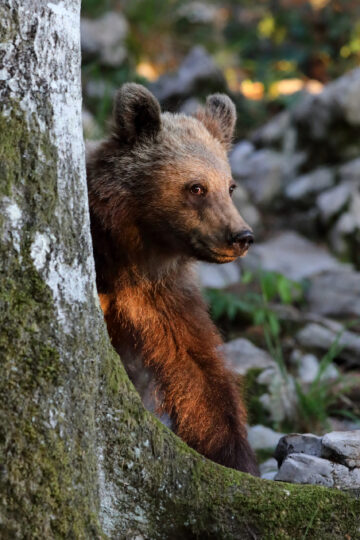
These will take place in the beautiful Kočevsko region, which is the largest Natura 2000 protected area in Slovenia and one of the best-preserved natural habitats in Europe. The safaris are either single or multi-day experiences, with a focus on lynx conservation and bear watching and accommodation in a mixture of farmhouses, hostels and forest cabins.
Slovenia is one of the few European countries where three large carnivores – the brown bear, grey wolf and Eurasian lynx – can be seen in their natural habitat, while Kočevsko is one of the few places where brown bears are actually thriving (there are currently several hundred in the region).
The forests here are also home to other wildlife, such as red deer, roe deer, red fox and wild boar, as well as iconic bird species such as the rare white-tailed eagle and Ural owl. Seeing these animals requires luck and patience, but during the safaris we will visit a number of wildlife watching hides to maximise our chances. One way or another, there are always opportunities to connect with nature and capture stunning photos!
How important is it for rewilding initiatives and nature-based tourism to work together?
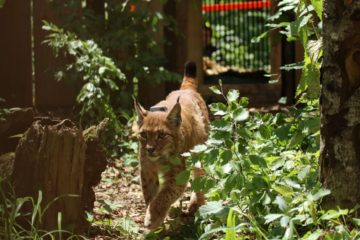
I think it’s hugely important. I have been involved in both the LIFE DINALP BEAR and LIFE Lynx rewilding initiatives (both members of the European Rewilding Network) in recent times, which support the recovery of bear and lynx populations in Slovenia. The ongoing protection and restoration of landscapes and wildlife mean that my country now has the natural resources to support a growing nature-based tourism industry over the coming years. I’m so happy to see more and more Slovenians learning to live alongside animals such as the wolf, bear and lynx, and benefitting from them economically, but in a sustainable way.
It’s a cyclical process – a percentage of the booking fee collected by the European Safari Company is used to fund further rewilding. So rewilding supports nature-based tourism and entrepreneurs such as myself and vice versa. I am also taking part in Rewilding Europe’s Rewilding Training Tourism programme – it’s been a really valuable experience and I thoroughly recommend it to all European nature-based entrepreneurs!
How important is nature for human wellbeing?
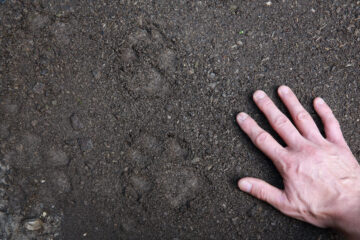
Personally, I cannot imagine a life without my daily dose of nature. I need to be alone in nature to recharge my batteries. For children, especially, being active in nature stimulates their mental and social development and helps them grow as well-rounded human beings.
And we also explore co-existence themes, visiting local farmers and beekeepers to see how they are protecting their property and animals from damage by large carnivores. All my trips are “bear-friendly”, which means I try to apply my scientific knowledge to help my guests see and understand what can be done to enable humans and wildlife to live alongside each other harmoniously. I think it is very important that people see that it is possible to live alongside bears, wolves and lynx – this can help to change opinions and lead to better acceptance of these animals in the local community, which is critical to their long-term survival.
